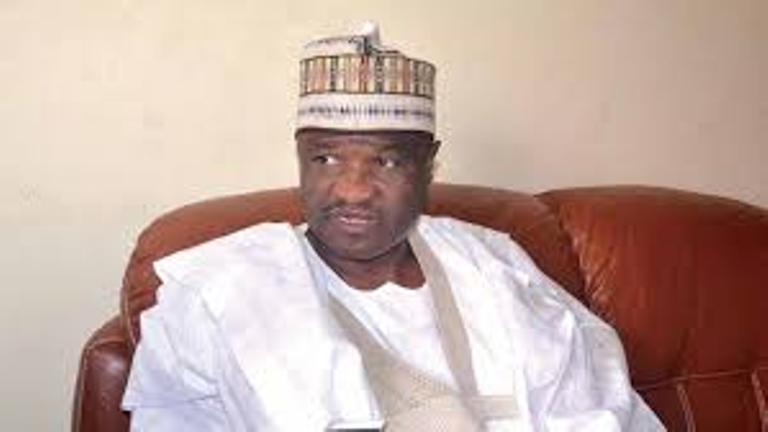By Martin Ekpeke
Banks in Nigeria may not be able to apply for foreign software purchases as the National Office for Technology Acquisition and Promotion (NOTAP) says it will start refusing the application of banks for foreign software purchases because of the drain on the nation’s foreign exchange reserves.
The Director-General of NOTAP, Dr. Dan-Azumi Ibrahim, who gave the hint in Abuja during the presentation of patent certificates to some institutions, also disclosed that it is already putting the finishing touches to its plans to have local developed banking applications serve as an alternative.
“We are already working in partnership with the National Information Technology Development Agency (NITDA) to have Nigerians develop banking applications. Once we are done, we will start refusing the application of banks for foreign software purchases,” he said.
The NOTAP DG believes Banks are the biggest consumers of software in Nigeria, noting that four out of five items in software are on banking applications. “This is our target. If we are able to develop banking applications by ourselves, we should be able to reduce if not replace foreign software consumption,” he added.
Dr. Ibrahim disclosed that a bank can spend up to $20million for just one software. This, according to him is huge. He argues that if Nigerians are able to develop banking software that meets the acceptable standard that will be the beginning of saving a lot of foreign exchange for the country.
He said he is already seeing that happening with the output of some young Nigerian innovators, who are producing world-class applications. He believes those Nigerian young innovators are a source of hope for the country.
According to a report, those that received patent certificates at the ceremony included the Airfoce Institute of Technology which received a patent for Unmanned Ground Vehicle.
Others that also received certificates are the Federal Institute of Industrial Research, Oshodi, which received three patents, and the National Institute for Oil Palm Research, which received two patents.



